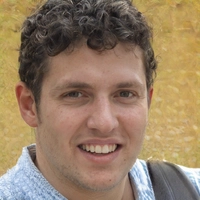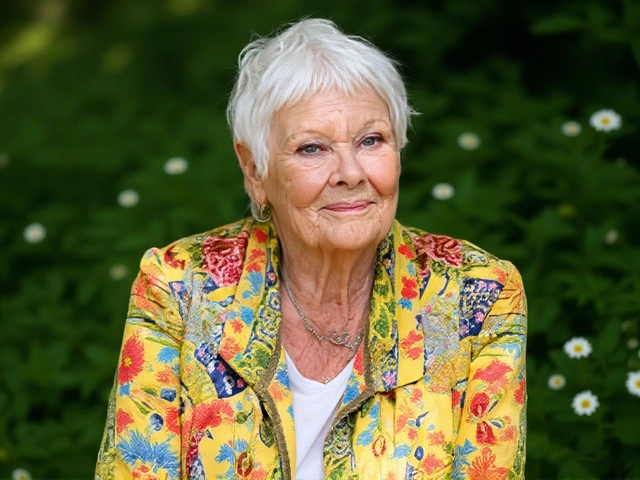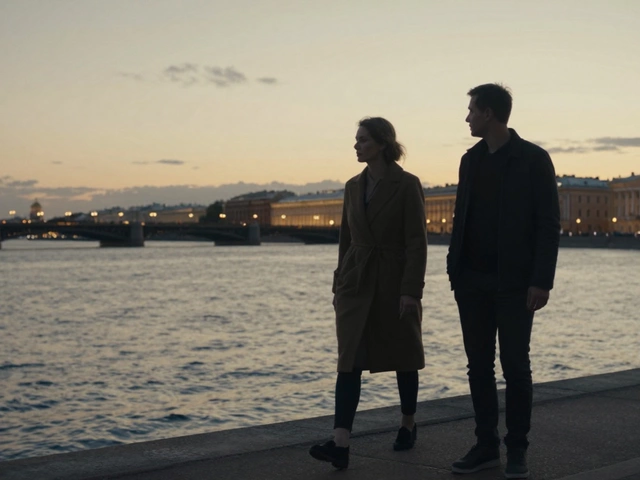26
Dame Judi Dench Reveals Macular Degeneration Forces Her to Avoid Solo Outings Over Fall Risk
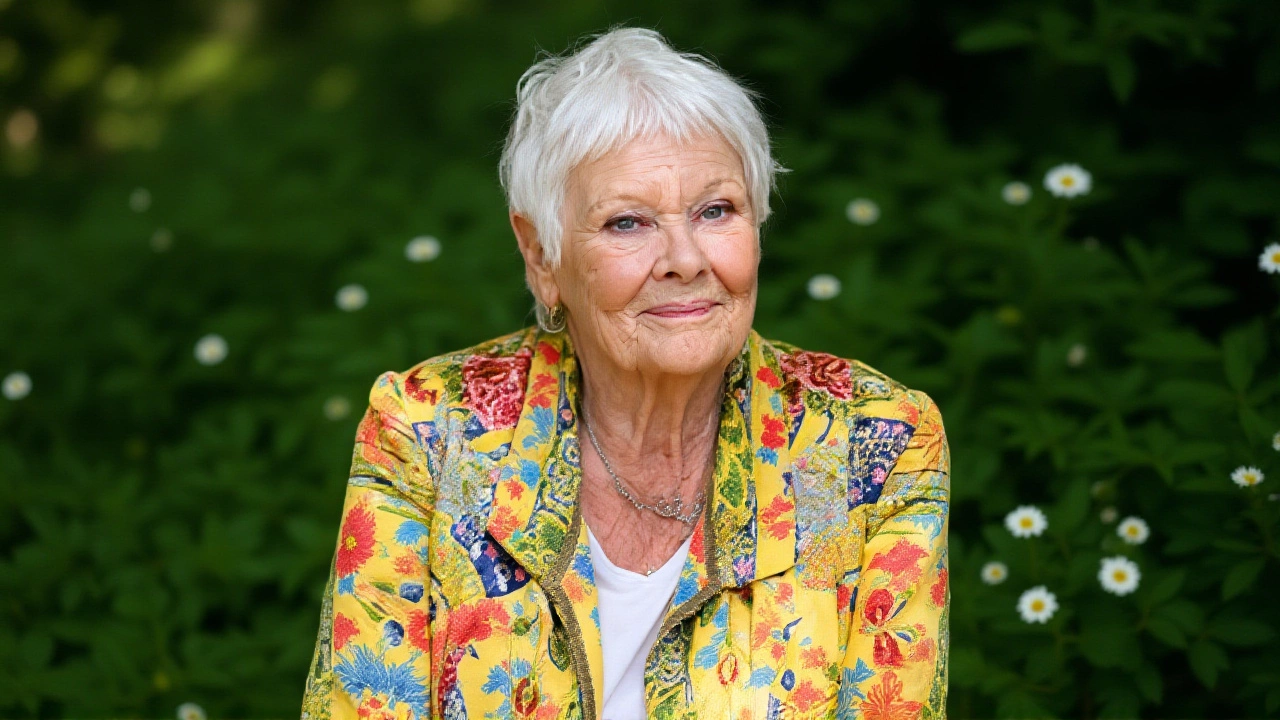
When Dame Judi Dench stepped into her London home studio on November 25, 2025, she didn’t know she’d be saying goodbye to public life as we knew it. At 91, the Oscar-winning actress, a cultural icon since the 1960s, revealed with quiet candor that she can no longer leave her house alone. "I will fall over," she told BBC Radio 4’s Samira Ahmed, her voice steady but heavy with the weight of truth. The reason? Wet age-related macular degeneration — a condition that has stolen her ability to see steps, kerbs, and even faces approaching. What followed wasn’t just a medical update. It was a raw, human account of dignity fraying at the edges — and a wake-up call for a nation. The interview, recorded at BBC Broadcasting House in London, aired the next morning. But the emotional gravity settled long before the broadcast. Dench, Dame Commander of the Order of the British Empire since 1988, has spent decades on stages and screens, from Shakespeare in Love to James Bond. Now, she can’t recognize a painting in the National Gallery. She hasn’t been to the cinema in 12 years. "Social outings are impossible without three people holding me up," she said. That’s not metaphor. That’s her reality.
From Script to Silence: The Slow Fade of a Legend
Dench’s vision decline began in 2012. Since then, she’s received monthly anti-VEGF injections at Moorfields Eye Hospital — each costing £800 under the NHS. But as of October 2025, the treatments stopped working. "They’ve stopped working," she confirmed. That’s not unusual. According to Professor Andrew Lotery of University Hospital Southampton, only 10–15% of wet AMD patients respond long-term. Dench’s experience? It’s the norm. Her last stage role was in 2019 at the Chichester Festival Theatre, where aides whispered lines to her. By 2021, she couldn’t read scripts at all. Her husband, actor Michael Williams, who died in 2001, used to guide her. Now, two full-time personal assistants — hired through her company, Judi Dench Productions Ltd. — do the job. Annual payroll: over £75,000. That’s not luxury. It’s survival.Isolation Isn’t Just Personal — It’s Economic
The Royal National Institute of Blind People (RNIB) didn’t wait for the interview to react. Within hours, chief executive Abby Denton issued a statement: "Dame Judi’s openness highlights that 200 people start living with sight loss daily in the UK." The numbers are staggering. Six hundred thousand Britons over 50 have AMD. Two million have sight loss severe enough to need support. And the cost? £2.9 billion a year in lost productivity, social care, and isolation-related health decline. Dench’s words didn’t just resonate — they ignited action. The RNIB announced Project Safe Steps, a £2.1 million pavement safety campaign launching January 10, 2026, in Manchester, Liverpool, and Birmingham. The goal? Tackle uneven pavements, faded tactile paving, and poorly lit crossings — hazards Dench described as "death traps." "It’s not the blindness I fear," she said. "It’s the falling. And the falling happens daily now."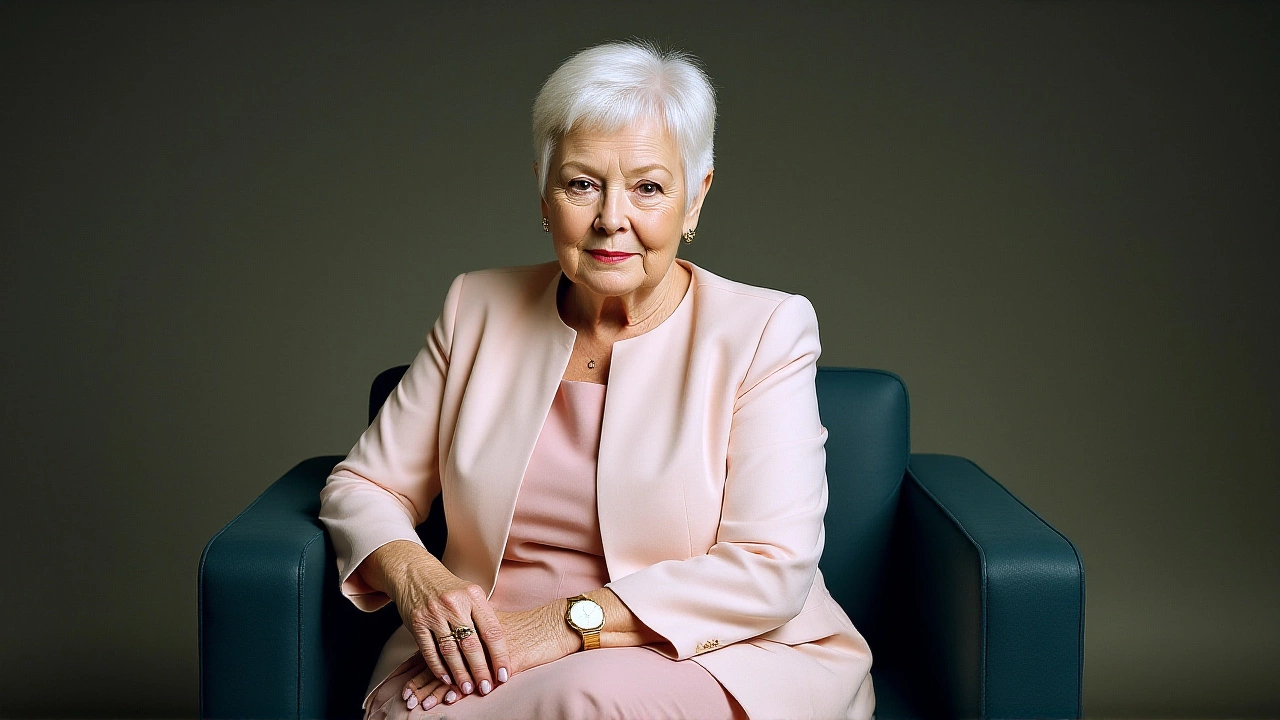
What’s Next for a Legend in Retirement
Dench’s agent, Alexander Hawkins of Hamilton Hodell Ltd., confirmed all public appearances beyond December 2025 are canceled — including a scheduled December 15 gala at the Royal National Theatre. Her final film role? A Haunting in Venice (2023). But she still has a voice in Nimona, streaming December 1, 2025, on Netflix. It’s her last public creative act. Her homes — the Chelsea flat and the Norfolk cottage — are now sanctuaries, not stages. She last visited Wymondham in July 2024. The house is quiet. The lights are always on.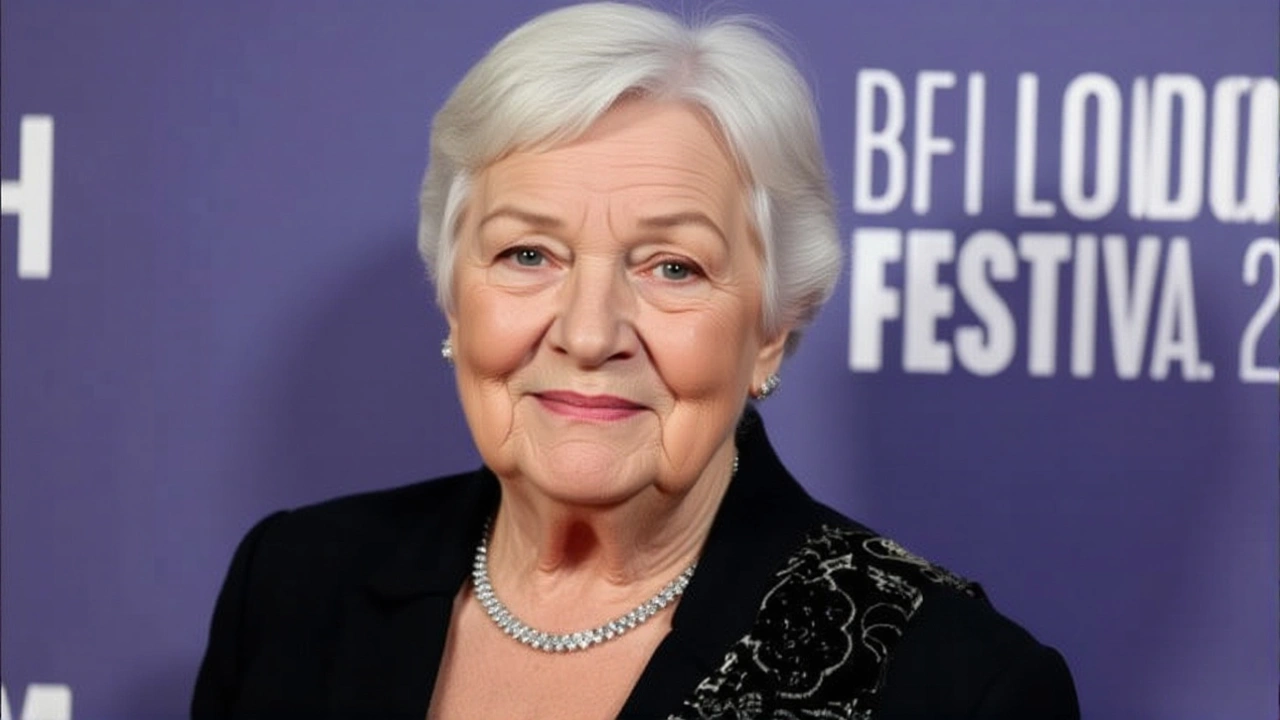
Why This Matters Beyond One Woman’s Story
Dench’s disclosure isn’t just about aging. It’s about how society treats disability — especially when it’s invisible until it’s too late. She spent decades advocating for faster NHS treatment access, testifying before Parliament in 2014 about 18-month waits for AMD care. Today, those waits are six weeks. Progress? Yes. But not enough. The NHS still doesn’t fund home safety assessments. Many elderly Britons live in staircases they can’t navigate, with no help coming. And here’s the uncomfortable truth: Dench has resources — fame, wealth, staff. Most don’t. The RNIB estimates 40% of people with sight loss go undiagnosed for years. They’re not interviewed on BBC Radio 4. They’re just… gone. Quietly. Alone. Dench didn’t speak to raise awareness. She spoke because she was tired of pretending. "I will fall over," she said. And now, the country has to decide: Will we make sure no one else does?Frequently Asked Questions
How common is wet age-related macular degeneration in the UK?
Wet AMD affects approximately 600,000 people over 50 in the UK, making it the leading cause of severe vision loss. It accounts for 90% of cases requiring urgent treatment, with only 10–15% responding long-term to anti-VEGF injections. The condition progresses rapidly without intervention, often leading to central vision loss within months.
What support does the RNIB offer to people with vision loss?
The RNIB provides mobility training, assistive technology, counseling, and advocacy. It also runs helplines, home safety assessments, and community programs. Its new ‘Project Safe Steps’ campaign targets urban pavement hazards — a direct response to public figures like Dench describing falls as daily risks. The charity serves two million people with sight loss across the UK.
Why did Dench’s anti-VEGF injections stop working?
Anti-VEGF drugs slow abnormal blood vessel growth in the retina, but their effectiveness declines over time. After 12 years of monthly treatments, Dench’s body developed resistance — a common outcome. Studies show most patients lose therapeutic benefit after 5–7 years. Without new treatments like gene therapy or retinal implants (still experimental), progression is inevitable.
How does vision loss impact elderly independence in the UK?
One in three people over 70 with uncorrected vision loss stop leaving home alone. The economic cost? £2.9 billion annually in social care, mental health services, and lost productivity. Isolation leads to depression, malnutrition, and increased hospital admissions. Many elderly rely on family or unpaid carers — a system already stretched thin.
Is there any hope for future treatments for AMD?
Yes — but not yet widely available. Clinical trials are underway for gene therapies targeting VEGF at the DNA level, and retinal prosthetics are being tested in the U.S. and EU. The UK’s NHS is funding pilot programs for AI-assisted early detection in GP surgeries. Still, these are years away from mainstream use. For now, prevention and accessibility remain the best tools.
What can the public do to help people with vision loss?
Simple actions matter: keep pavements clear, offer help without assuming, speak clearly when approaching, and advocate for local council repairs. Donate to the RNIB or volunteer with Vision UK. And if you know someone who’s stopped going out — ask why. Often, it’s not just vision. It’s fear. And fear doesn’t need medicine. It needs company.
